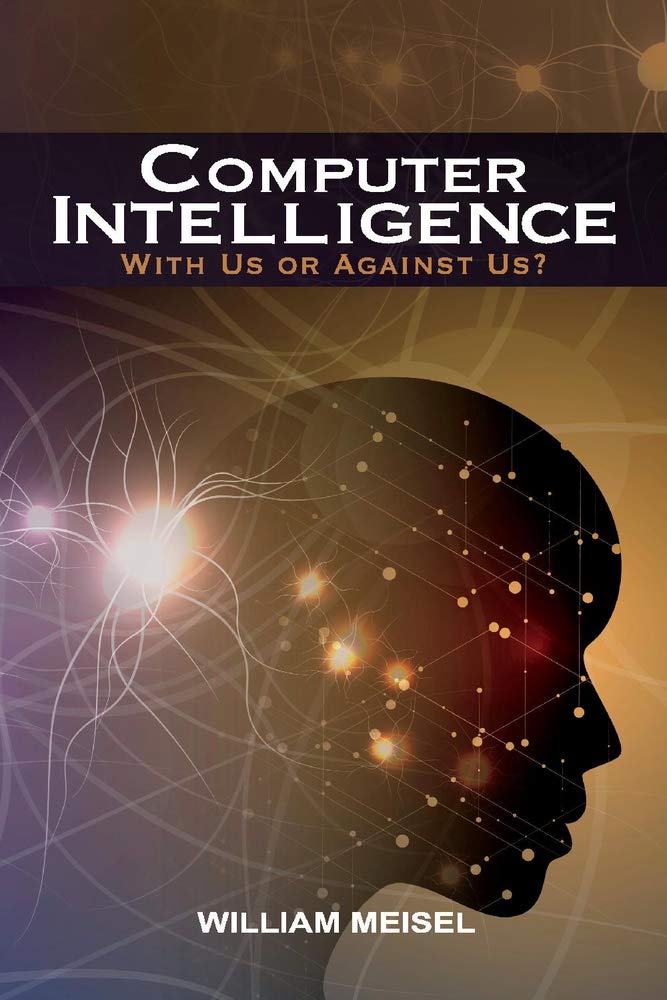Computer Intelligence (CI) is the combination of computer power and the increasingly sophisticated software which that power makes possible. CI has an ever-increasing impact on human society, the economy, and how we fight wars.
Artificial Intelligence is a recent innovation with both an impressive impact and concerns over its dangers, but it is simply a tipping point in the evolution of CI. AI techniques are practical because CI passed a threshold of performance that made its methods computationally feasible. Such breakthroughs have occurred in the past, and will continue at an accelerating pace. CI’s growth will continue to impact society, change the nature of our economy, and change warfare, with cyberwarfare the critical battleground.Computer technology is embedded in modern life to an extent that was unimaginable a half-century ago. Where it will be fifty years from now is similarly difficult to predict.Today’s society depends on CI. Infrastructure such as the electric grids that power our homes and businesses are controlled automatically by computers and digital technology. Human communications are driven by digital networks, including the increasingly important role of mobile phones. Our dependence on computer technology is unfortunately too often made evident today when malicious cyberattacks impact business operations, our security, and even politics.Computer intelligence has long augmented human intelligence, providing tools that let us do things well beyond our native human abilities. Computers have long done arithmetic faster and more accurately than any human and have bigger and more reliable memories. We expand our intelligence with the aid of such common software as spreadsheet programs and spelling checkers in word processing programs. Computers have always been tools that expanded human abilities, and they are continuing to do so.A core reason for the growing power of computer technology is faster computer processing and more memory. Today, that fundamental trend is being accelerated by options such as cloud computing and specialized chips.CI also requires invention in the methodology that the software executes. AI techniques such as “machine learning” using “deep neural networks” are an advance in such methodology. Such improvements add power to CI by adding to the things it can do, not just how fast it can do them. The utility of these methods, however, can depend on CI being powerful enough to make them practical.This growing power can also create problems. The increase in propaganda and misinformation on the Web and in social media and the danger of hacking and cyberattacks are but two of many issues.
This book discusses the history, current state, and future of Computer Intelligence. With its growing impact on our lives and society, it behooves us to understand computer intelligence more deeply, both to take full advantage of the technology and to avoid potential dangers. Exploration of how Computer Intelligence advanced to where it is today and how it is likely to evolve helps in understanding a difficult topic. This book makes computer technology less mysterious and less obscure. CI will impact us at an increasing rate, and understanding it will help us control its evolution. Meisel explores if Computer Intelligence is indeed With Us or Against Us.
